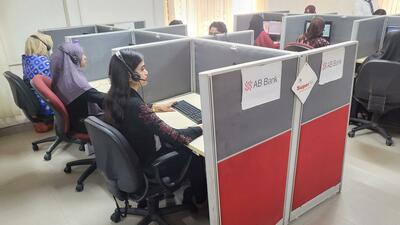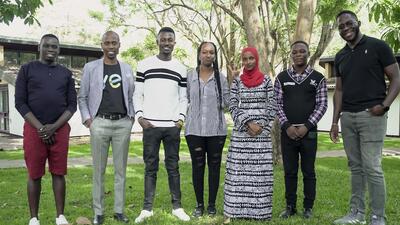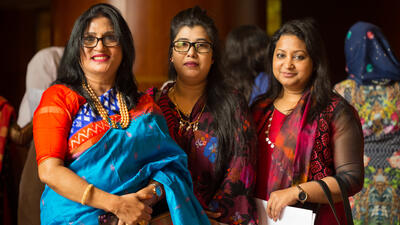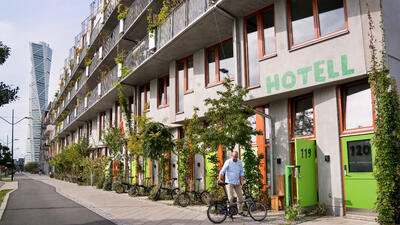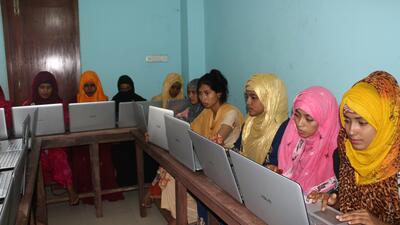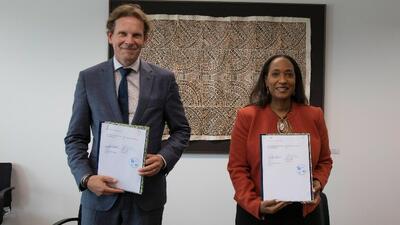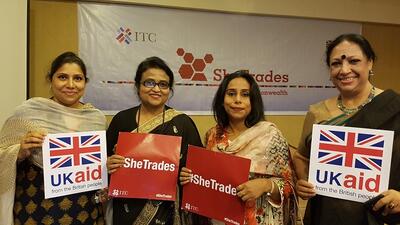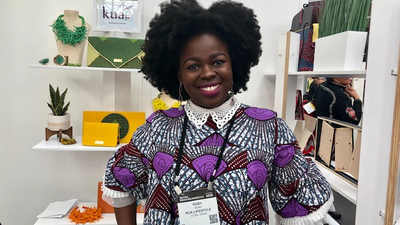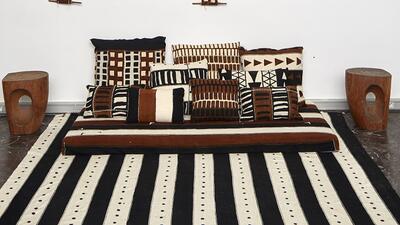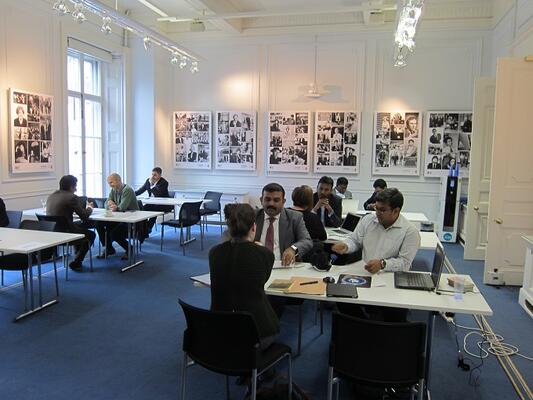
ITC support helps Bangladeshi company land major Swedish deal
Latitude-23, a Bangladeshi visualization studio expanding its international reach after landing a lucrative contract with a Netherlands-based multinational furniture company. The contract was secured at a business-to-business (B2B) meeting in Stockholm last year, which organized by the International Trade Centre (ITC).
Based in Dhaka, Latitude-23 is Bangladesh’s first visualization studio to work globally. It creates high-end three-dimensional models for clients around the world who want to be able to sit in front of a computer and look at their products from all angles.
At the Stockholm meeting, Latitude-23 secured a contract with the Netherlands-based company to develop models of all the furniture it sells. The company’s retail space currently exceeds 11 million square metres. The contract is currently worth between 5% and 7% of Latitude-23’s revenue stream, with the hope that this will eventually grow to 25%. The B2B meeting was part of ITC’s Netherlands Trust Fund III (NTF III) Bangladesh project. NTF III, funded by the Dutch Government and implemented by its Centre for the Promotion of Imports from Developing Countries (CBI) and ITC, builds export competitiveness in Bangladesh’s information technology and information technology enabled services (IT & ITES) sector.
Two deals
Two of the six companies Latitude-23 met during the B2B session eventually hired the company. Latitude-23 implemented significant changes before it could begin its furniture modelling work. ‘We had to meet some very high standards and address lots of compliance,’ said Golam Mohammad Mohiuddin, Latitude-23’s Chief Technology Officer. ‘Before we could start work, we had to upgrade our office environment, install fire extinguishers, make sure all employees had health insurance and so on. We had to adhere to 17 pages of compliance.’
It took three months to bring the company up to the required standards, but Latitude-23 got the green light in December 2016 and began its work the following month. ‘The project enables the client to visualize a wide range of aspects of their products including how and where furniture should be placed and its colour,’ Mohiuddin said.
The Bangladeshi company now has a five-person team working on the furniture modelling from an office in Sweden near the Danish border. The project is open-ended and the workload is increasing steadily, as the client constantly adds extra furniture to their range.
Latitude-23 uses 3D Studio Max, Z Brush, Auto Cad, Photoshop and Varey for its modelling projects. For virtual reality and augmented reality, the company uses platforms such as Unreal, Unity and ARKit.
While it is not the first time Latitude-23 has worked in Scandinavia – it landed its first Danish contract in 2003 – the new client is internationally known and the hope is that this will help secure more clients in the same industry in the future.
It is also not the first time Latitude-23 has carried out work involving furniture modelling, but this is the first time that it has worked with the furniture company itself. Other clients include architects, real-estate developers, advertising agencies, game developers, pharmaceutical companies and R&D professionals.





